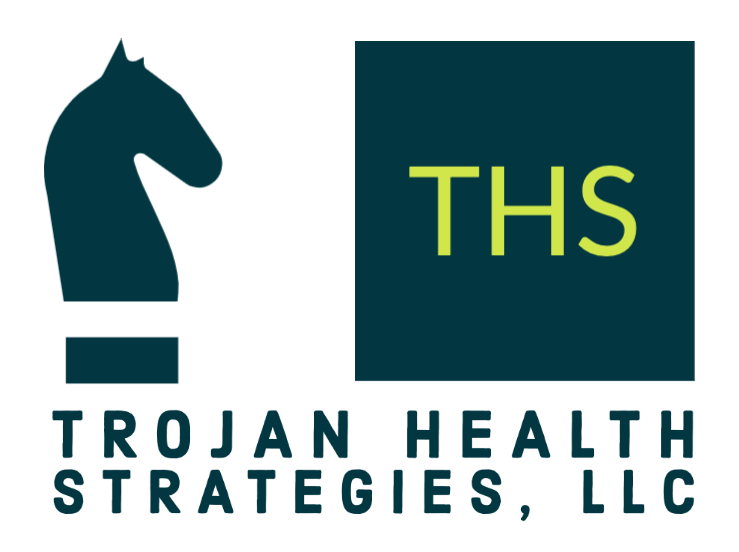The Importance of Listening to Your Gut When it Comes to Your Child's Health
During the Christmas holidays I found myself in the emergency room 3 hours away from home. One of my children had a vomiting spell that was concerning. After reflecting on this most unexpected event, here are a few things to keep in mind to increase the likelihood of a positive outcome from a stressful situation.
Trust your (mom) gut
My #momgut has not failed me. If something does not seem right with my children, I do not ignore it. Even though the vomiting seemed to have subsided after a time, something did not quite sit well with me about the entire experience. My gut told me that I need to investigate this vomiting episode more. I was right to be concerned—the medical team was as well.
Know how to reach your child’s medical team
At the risk of stating the obvious, having my pediatric team in my phone made it easy for me to give them a quick call at 9p to talk through what I was observing. I have used this number at all hours of the night to determine if I need to be concerned about an observation. This time, their recommendation was to head to the ER. This was a tough choice to make, too as I knew that heading to the ER after 10p was going to be an all night affair. And it was.
Take pictures (and video)
Vomit and poop are gross. Pictures of vomit and poop are gross, too, and allow you to compare with other images you come across in your search, and have a deeper conversation with medical professionals. As soon as I showed my pictures in the ER, a CT scan, bloodwork and urinalysis were ordered. I don’t think I would have been taken seriously had I come in without these images.
Google is helpful, but dont rely on it too much
Vomiting in young children, while never normal, is often not that serious. However, it is important to pay attention to color. I know we have to be very careful with Googling health information, especially since guardrails protecting the spread of misinformation have eroded. However, what we learn can be a factor, along with our #momgut, professional opinion and observation. As in many aspects of life, we can mitigate every risk, or be 100% about many things. We still have to exercise judgement , and good judgement still prevails.
Bottom line…
Over and over again, my experience suggests that better outcomes result when you (either as the patient or caregiver) are part of the healthcare team. This is particularly important to stress for people in marginalized groups, and could help to reduce disparities by ensuring that the treatment approach fits the patient and their situation. Hopefully these tips are helpful reminders, particularly to BIPOC moms, of how to be ready for an unexpected interaction with the healthcare system. These are good tips to remember and have at the ready, even if emotions are high. Thankfully, nothing was really wrong with the child beyond eating too much of the wrong thing, however I was able to settle my restless mind by trusting my gut, connecting with my pediatric team quickly, leveraging images as data and using Google with intention.

